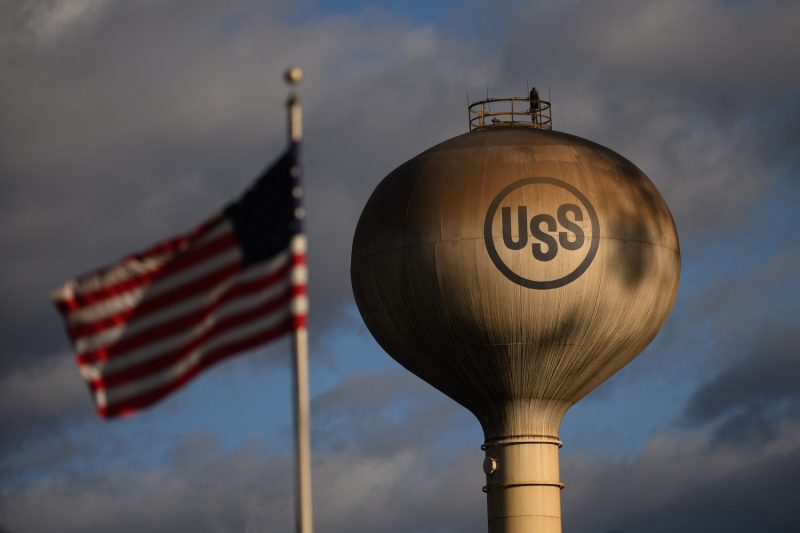In a surprising move that could have significant implications for the global steel industry, President Joe Biden’s administration is reportedly preparing to block the sale of a U.S. steel company to a Japanese corporation. This decision signals a shift in the U.S. government’s approach to foreign investment in critical industries, particularly amidst concerns over national security and economic competitiveness.
The proposed sale of the U.S. steel company to the Japanese firm has sparked heated debates among policymakers, industry stakeholders, and experts. Proponents of the deal argue that it would promote greater international cooperation and trade relationships, potentially leading to innovation, technological advancements, and increased market competition.
On the other hand, opponents fear that the sale could compromise U.S. strategic interests and undermine the domestic steel sector. The U.S. steel industry has already faced numerous challenges in recent years, including competition from cheaper imports, overcapacity in global markets, and the impact of the COVID-19 pandemic. Allowing a key player in the U.S. steel market to be acquired by a foreign entity could exacerbate these challenges and weaken the industry’s resilience.
The Biden administration’s decision to block the sale reflects a broader trend towards bolstering national security and protecting vital industries from foreign influence. The administration has prioritized reshoring and strengthening domestic manufacturing capabilities to reduce reliance on overseas suppliers and safeguard critical supply chains.
Furthermore, the move to block the sale aligns with the U.S. government’s efforts to address unfair trade practices, protect intellectual property rights, and ensure a level playing field for American businesses. By scrutinizing foreign investments in sensitive sectors such as steel production, the administration is sending a clear message that it will not hesitate to take action to preserve American economic interests and national security.
In response to the administration’s decision, the Japanese company involved in the proposed acquisition may seek to negotiate terms or address concerns raised by U.S. regulators. Alternatively, the company could explore alternative investment opportunities or partnerships to expand its presence in the U.S. market without triggering regulatory scrutiny.
The implications of the Biden administration’s stance on the U.S. steel industry are far-reaching and highlight the complexities of balancing economic cooperation with national security considerations. As the global economy evolves and geopolitical tensions persist, governments around the world face growing pressures to safeguard strategic assets and industries while fostering international trade and investment.
With the fate of the U.S. steel company hanging in the balance, stakeholders on both sides of the debate will be closely watching how the situation unfolds and what it signifies for future foreign investments in critical sectors. The outcome of this case could set a precedent for how the Biden administration navigates the delicate balance between promoting economic growth and protecting national interests in an increasingly interconnected world.

